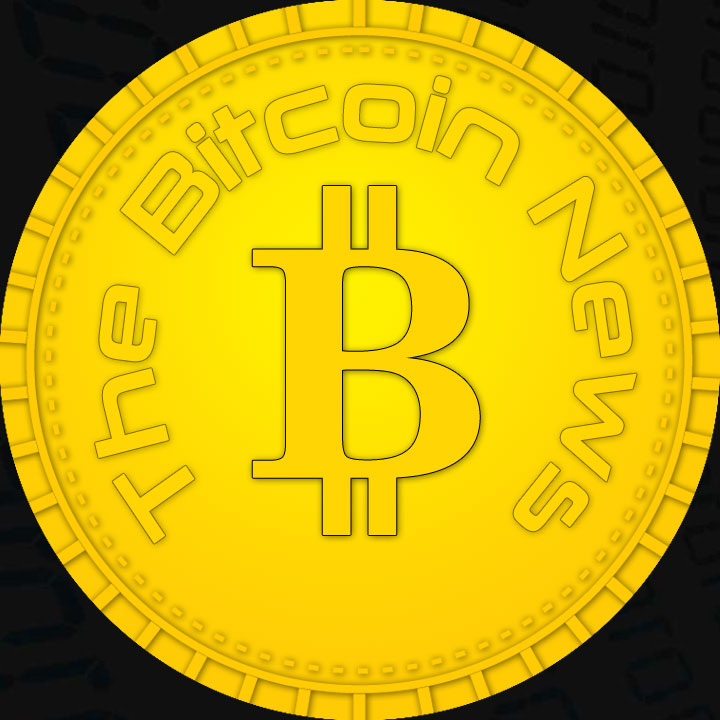In a routine audit of internet activity, the Prosecutor’s Office of the Murmansk region discovered “internet stores” that sold drugs. In this so-called “internet sphere,” authorities found sites that posed a threat to the life and health of citizens of the the Russian Federation. In addition to selling illegal drugs, the sites sold also counterfeit medication.
The threatening websites violated numerous laws, according to one report. One of the most important was that the site violated Claim 5 of the “Sale of goods remotely” regulation. Specifically, the regulation prohibits the sale of items that the Russian Federation restricts or prohibits.
And, these websites further violated the Decree of the President of the Russian Federation: “Products and waste products, free sale of which is PROHIBITED.” This Decree defines the regulations imposed on remote (online) sales. (Presidential Decrees are similar to Executive Orders in the United States.)
“[A]ctivities related to trafficking in narcotic drugs and psychotropic substances: plant cultivation, development, processing, distribution, import (export), transport, destruction of narcotic drugs, psychotropic substances, as well as production. and the manufacture of narcotic drugs or psychotropic substances included in Schedule II of the List of narcotic drugs, psychotropic substances and their precursors subject to control in the Russian Federation.”

And again, the Russian authorities found that the websites violated yet another law – Article 9 of the Russian Federation Law of Consumer Protection: Information about the manufacturer. The law requires a seller or manufacturer to “inform the customer of the company name of the organization, its location.”
Furthermore, Article 9 requires anyone performing an activity that requires a license—for instance, a license for distributing pharmaceuticals—to notify the buyer of said license. The same is true for state accreditation. Additionally, the buyer must have access to the “number of the license and number of the certificate state accreditation, the validity of the said license and (or) the certificate, as well as information about the body which issued the license and (or) certificate.”
The press release from the Murmansk region Prosecutor’s Office made it sound as if not a single seller provided licensing information or even had a license to sell drugs. They did not explicitly express that a license was required to sell counterfeit medication. Although, if authorities found oxycodone pills pressed with fentanyl, it would hardly matter.
Days after the announcement about illegal drug websites, the same Prosecutor’s Office found a website violating tax laws. The website revealed the “methods and schemes necessary to avoid paying tax on renting real estate.” The City Court of Olenegorsk must now deal with the websites, at least one of which they submitted for inclusion in the Unified Register for blacklisting in the Russian Federation.

TheBitcoinNews.com – Bitcoin News source since June 2011 –
Virtual currency is not legal tender, is not backed by the government, and accounts and value balances are not subject to consumer protections. TheBitcoinNews.com holds several Cryptocurrencies, and this information does NOT constitute investment advice or an offer to invest.
Everything on this website can be seen as Advertisment and most comes from Press Releases, TheBitcoinNews.com is is not responsible for any of the content of or from external sites and feeds. Sponsored posts are always flagged as this, guest posts, guest articles and PRs are most time but NOT always flagged as this. Expert opinions and Price predictions are not supported by us and comes up from 3th part websites.
Advertise with us : Advertise
For the latest cryptocurrency news, join our Telegram!











